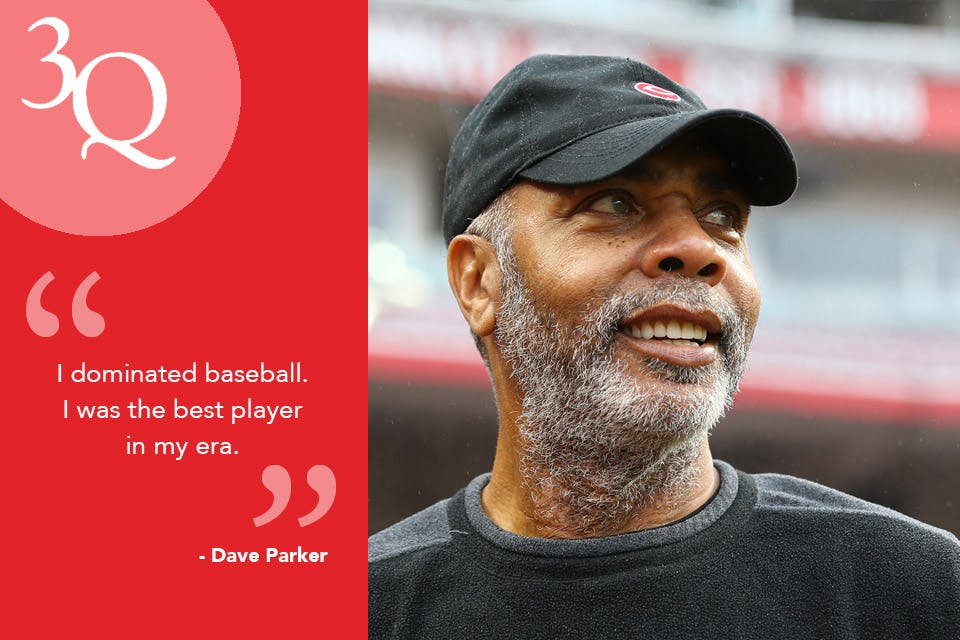Ohio Life
Dave Parker Discusses a Life in Baseball
The Major League legend and native Ohioan looks back at life in the big leagues in a new autobiography.
Related Articles

Patty Mitchell Shares Her Inspiration for Creating Passion Works Studio
Her Athens studio empowers artists of all ability levels to channel their creativity into joyful, vibrant works of art, including its signature Passion Flower. READ MORE >>

Annie Zaleski Discusses Her Book About Taylor Swift
The Cleveland-based music journalist and author shares why she wrote Taylor Swift: The Stories Behind the Songs. READ MORE >>

Filmmaker Allen Farst on the NFL’s First Game
Decades of moviemaking culminate in “Triangle Park,” a documentary about the historic 1920 game in Dayton that kicked off the NFL as we know it today. READ MORE >>



